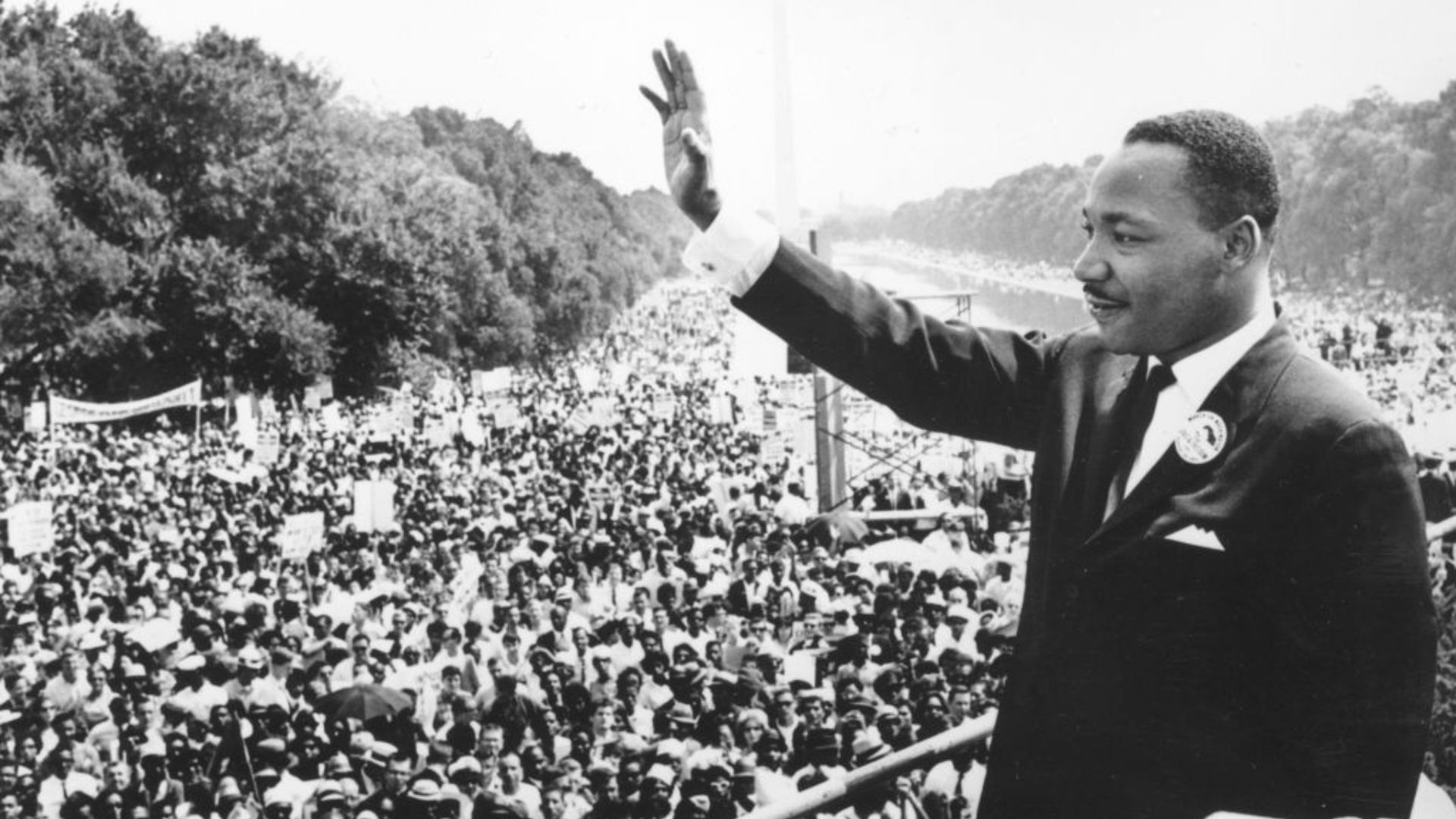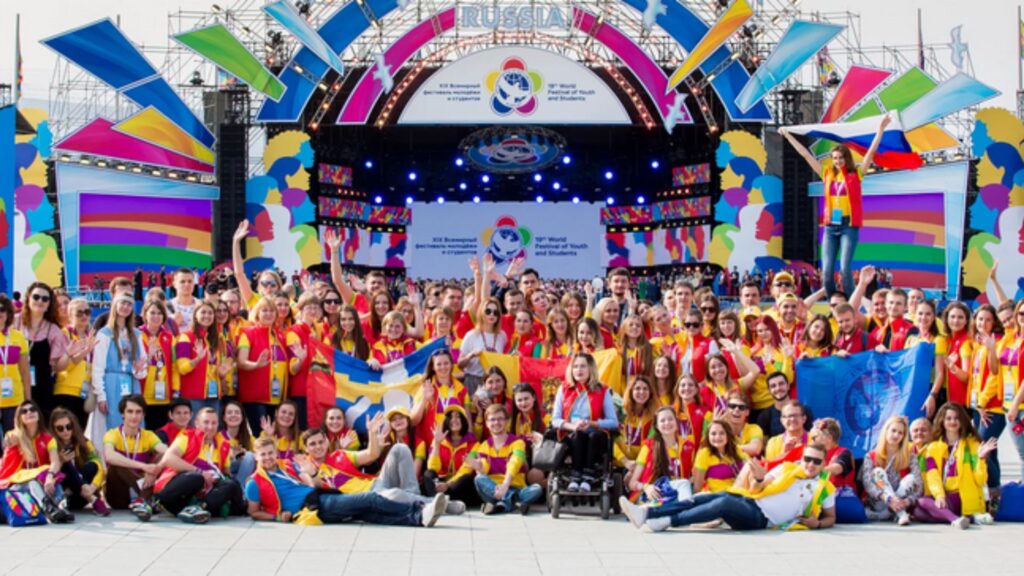Black History Month is a time to celebrate the incredible achievements and contributions of African Americans throughout history. But beyond the dates and names in textbooks lies a wealth of stories waiting to be heard. Powerful speeches by Black leaders offer a unique window into the struggles and triumphs of the past, inspiring youth to find their voices and make a difference. Here, we’ll explore some iconic Black history speeches for young minds. Let’s jump in!

1. “I Have a Dream” by Martin Luther King Jr. (1963)
This timeless speech needs no introduction. Delivered during the March on Washington for Jobs and Freedom, Dr. King’s powerful words paint a picture of a more just and equitable society. His call for racial equality and his belief in the power of non-violence resonate deeply with young and old alike.
Key Takeaways for Youth
- Dream Big: Dr King’s vision for a future where skin colour doesn’t matter encourages young people to dream big and fight for what they believe in.
- Peaceful Change: The speech highlights the importance of non-violent protest, inspiring young people to be agents of positive change.
2. “Ain’t I a Woman?” by Sojourner Truth (1851)
This bold and powerful speech by abolitionist and women’s rights advocate Sojourner Truth challenges societal norms of the time. Truth’s passionate words denounce the oppression of both Black people and women, demanding equality and respect.
Key Takeaways for Youth
- Speak Up: Sojourner Truth’s courage in speaking out against injustice inspires young people to find their voices and advocate for what they believe is right.
- Equality for All: The speech emphasizes the importance of fighting for equality for all people, regardless of race or gender.
3. “The Ballot or the Bullet,” Delivered by Malcolm X in 1964
Malcolm X’s powerful speech offers a different perspective on the fight for civil rights. He emphasizes the importance of self-defence and empowerment for Black Americans. While some of his views may seem radical, the speech encourages critical thinking and understanding of diverse viewpoints.
Key Takeaways for Youth
- Question the Status Quo: Malcolm X’s speech encourages young people to question the status quo and challenge systems of oppression.
- Empowerment: The speech emphasizes the importance of Black self-reliance and empowerment.
4. “Commencement Speech at Howard University” by Barack Obama in 2009
This inspiring speech by President Barack Obama, the first African American president of the United States, is a powerful message of hope and perseverance. Obama encourages young people to embrace education, work hard, and never give up on their dreams.
Key Takeaways for Youth
- Education is Power: President Obama emphasizes the importance of education as a tool for success and social change.
- Believe in Yourself: The speech encourages young people to believe in themselves and their ability to achieve their goals.
5. “We Shall Overcome” by the Civil Rights Movement (Originated as a spiritual song)
Although not a single speech, “We Shall Overcome” became an enduring anthem of the Civil Rights Movement. The song’s message of hope and resilience in the face of adversity continues to inspire young people today.
Key Takeaways for Youth
- Never Give Up: The song’s lyrics encourage perseverance and hope, reminding young people that change is possible.
- Collective Action: “We Shall Overcome” emphasizes the power of unity and collective action in achieving social change.
Engaging with Black History Speeches for Youth Minds
These are just a few examples of the many powerful Black history speeches for young minds. To make these speeches even more engaging for young people, here are some ideas:
- Listen Together: Gather your family or friends and listen to these speeches together. Discuss the speaker’s message and what resonates with you.
- Research the Speaker: Who was the speaker? What were the circumstances surrounding the speech? Learning the context can deepen understanding.
- Creative Response: Encourage young people to respond to the speeches creatively through writing, art, or even creating their short speeches.
- Connect to the Present: How do the issues addressed in these speeches connect to the world we live in today? Discussing these connections fosters critical thinking.
Conclusion
Black history speeches offer a powerful tool to engage young people, fostering a sense of pride. Black history speeches are more than just words uttered in the past. They are testaments to the struggles and triumphs of a people, offering timeless lessons that continue to resonate today. By exploring these powerful voices, young minds can find inspiration to dream big, advocate for change, and believe in their ability to make a difference.




